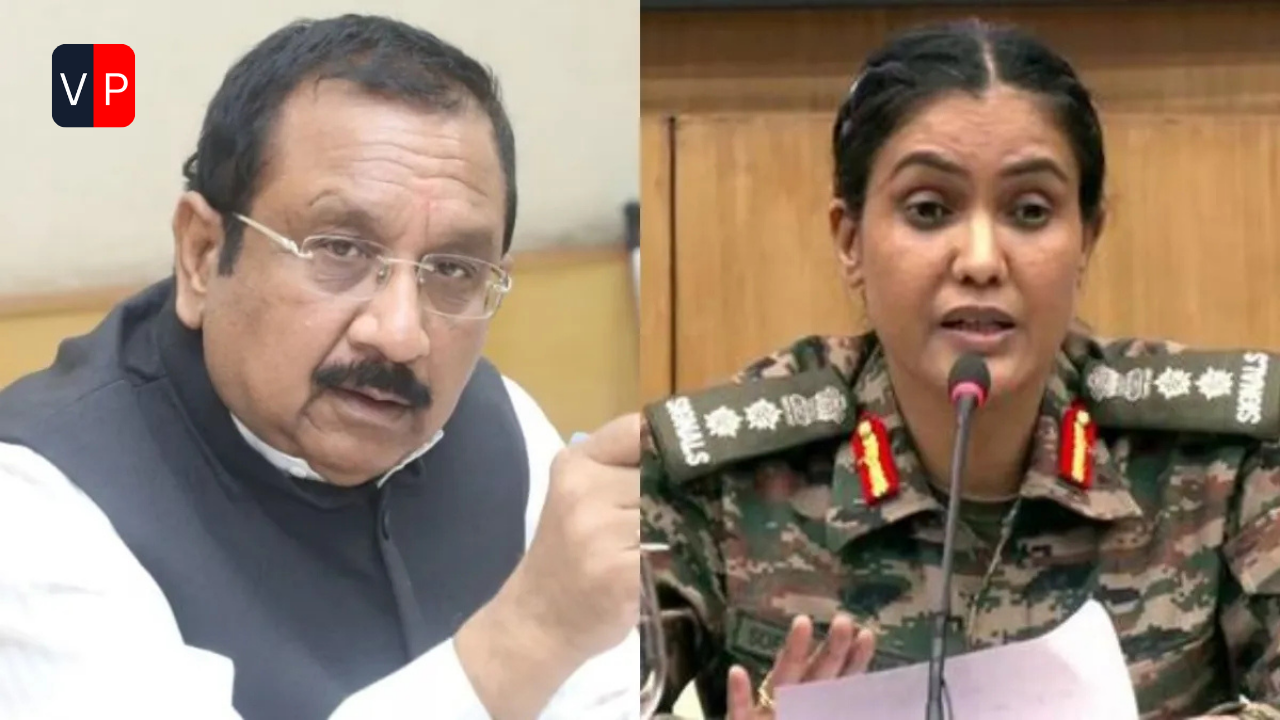
Understanding the Context of the Supreme Court’s Ruling
The Indian legal landscape was recently spotlighted when the Supreme Court dismissed the apology tendered by BJP Minister Vijay Shah regarding his controversial comments aimed at Colonel Sofiya Qureshi. This ruling is not only a reflection of the judicial system’s stance on accountability but also underscores the critical issue of gender equality in the country’s political discourse.
The Remarks in Question
Minister Vijay Shah‘s comments, which have been widely criticized for their stupidity undertone, targeted Col Sofiya Qureshi, a significant figure in the Indian Armed Forces. Such remarks reveal an enduring patriarchal mindset that continues to challenge the progress of gender equality in various sectors, including the military. Col Qureshi, representing her position with dignity and professionalism, has become a symbol of resilience in the face of baseless disparagement.
मैं विजय शाह, हाल ही में मेरे दिए गए बयान से, जो हर समाज की भावनाएँ आहत हुई हैं, उसके लिए मैं दिल से न केवल शर्मिंदा हूँ, दुखी हूँ, बल्कि माफ़ी चाहता हूँ।
— Dr. Kunwar Vijay Shah (@KrVijayShah) May 14, 2025
हमारे देश की बहन सोफिया कुरैशी जी ने राष्ट्र धर्म निभाते हुए जाति और समाज से ऊपर उठकर, उन्होंने काम किया है। pic.twitter.com/0qhO895ahl
Judicial Reflection on Gender Sensitivity
The Supreme Court’s refusal to accept Shah’s apology signals a move towards greater judicial oversight in cases of hate speech and gender discrimination. By formalizing this denial, the court has voiced an unequivocal stance against derogatory remarks that undermine the integrity and respect owed to women, especially those serving in high-ranking positions.
Legal Precedents and Their Implications
This ruling has significant implications for how gender-based remarks are treated under Indian law. Courts have traditionally dealt with cases that involve defamation, hate speech, and gender discrimination with varying degrees of rigor. However, the Supreme Court’s decision to reject the apology could set a precedent, reinforcing the need for accountability among public officials.
Strengthening Legal Frameworks
This development also highlights the necessity for robust legal frameworks that address gender-related hate speech. Legal scholars and activists believe that to effectively combat sexism and bigotry, the judiciary must actively engage in the process of redefining acceptable discourse in political arenas. Shah’s comments becoming a focal point for scrutiny may encourage more victims of gender-based remarks to come forward and seek justice.
Public Reaction
The public response to the court’s ruling has been overwhelmingly supportive. Many citizens view the denial of Shah’s apology as a win for women’s rights in India. Social media has played a pivotal role in amplifying voices advocating against gender discrimination, showcasing a collective demand for accountability from public figures.
Voices from the Armed Forces
Col Sofiya Qureshi’s case has resonated deeply within the military community, sparking discussions on gender dynamics in a predominantly male institution. Her peers and superiors have voiced their solidarity, asserting that the integrity of female personnel should be upheld and that such instances of disrespect are unacceptable.
The Path Forward: Legislative Changes and Social Responsibility
In light of this ruling, it is crucial to explore potential legislative reforms that could further protect individuals from gender-based vitriol. Advocating for stricter laws against hate speech, especially those that target women, could pave the way for a more equitable society.
Empowering Women Through Legal Avenues
Organizations dedicated to women’s rights are encouraged by this ruling, viewing it as an opportunity to campaign for change at various levels—politically, socially, and legally. This incident serves as a spark for dialogues centered around empowering women and promoting gender sensitization in educational curriculums, workplaces, and political forums.
Conclusion: A Changing Narrative
The Supreme Court’s ruling against the acceptance of Vijay Shah’s apology for his remarks against Col Sofiya Qureshi marks a pivotal moment in India’s ongoing struggle for gender equality. This decision emphasizes the importance of holding public figures accountable for their words and serves as a reminder that respect and dignity must be upheld, regardless of gender. It is a call to action for society to reassess its values and to ensure that the conversation around gender discrimination evolves toward a more inclusive and respectful dialogue.
As India continues to grapple with these complex issues, the hope is that such judicial statements will further catalyze societal change, encouraging individuals and institutions alike to foster an environment of respect and equality.

